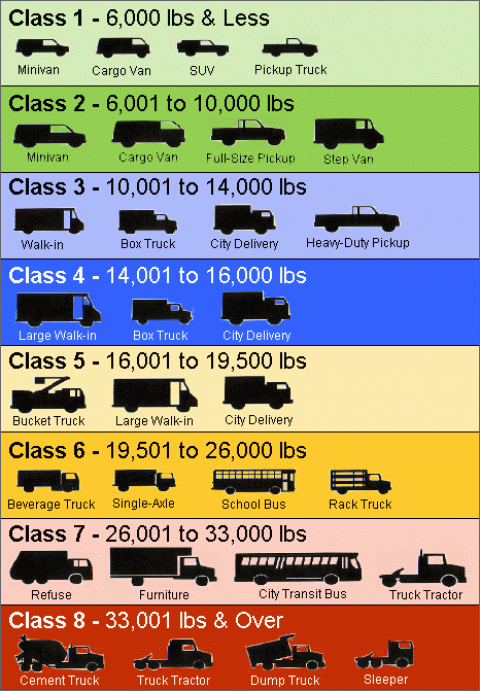GR8ADV
Explorer
PSA. NEVER EVER use ‘wife’ and ‘diet’ in the same sentence.thanks for all the info. learned alot. after i put said gear on the truck, i will get it re-weighed. the wife and i may have to go on a diet
PSA. NEVER EVER use ‘wife’ and ‘diet’ in the same sentence.thanks for all the info. learned alot. after i put said gear on the truck, i will get it re-weighed. the wife and i may have to go on a diet

Don't overlook the sway that the insurance companies have on the manufacturers and the NHTSA.
Some of the GVWR numbers listed on door stickers on new trucks are pretty low compared to what a lot of these vehicles accomplish every day with no damage, danger or drama.
I did.
Sorry, Missed it but that doesn't really deal with the issue of owner liability in an accident. The insurance industry definitely sways manufacturers on many issues. But their business model, as you all know, is to maximize premiums and minimize payments. And accidents involving overweight vehicles is a win win for them, especially if injury or death is involved. Not to mention the civil liability the "guilty " would be subject to.I did.
Did they look at GVWR or GAWR? My limited experience with commercial vehicles is they only check axle ratings and GCW.Several states, including California, are starting to use portable scales on pickups with truck campers if they appear to have the rear sag. I went thru a checkpoint with mine last year and fortunately, mine was within the limits. If it's over, you have to fix it before you can drive it. The trooper told me if it was really over weight, they'd call a tow truck and take it off the road then and there.
Controlling the vehicle is the driver's responsibility. The vehicle doesn't "cause" the accident. In the US they will absolutely go after the deepest pockets if they can (the car companies), and that's one thing our low GVWRs seek to avoid.If they can think an accident was caused by an over weight/overloaded vehicle, they'll deny the claim and it would be pretty tough to get them to pay.
That's what liability insurance is specifically for... driver error. Otherwise it doesn't come into play.Sorry, Missed it but that doesn't really deal with the issue of owner liability in an accident.
Were they pulling over everyone? I think most states have a law that the cop can issue a ticket for an unsafe load, and this is in fact a visual determination. Moral of the story is don't sag...Several states, including California, are starting to use portable scales on pickups with truck campers if they appear to have the rear sag. I went thru a checkpoint with mine last year and fortunately, mine was within the limits.
That's a cool graphic, showing what type of truck fits each class. If OP had a 10K truck he'd have no worries!

Several states, including California, are starting to use portable scales on pickups with truck campers if they appear to have the rear sag. I went thru a checkpoint with mine last year and fortunately, mine was within the limits. If it's over, you have to fix it before you can drive it. The trooper told me if it was really over weight, they'd call a tow truck and take it off the road then and there.
GvwrDid they look at GVWR or GAWR? My limited experience with commercial vehicles is they only check axle ratings and GCW.
